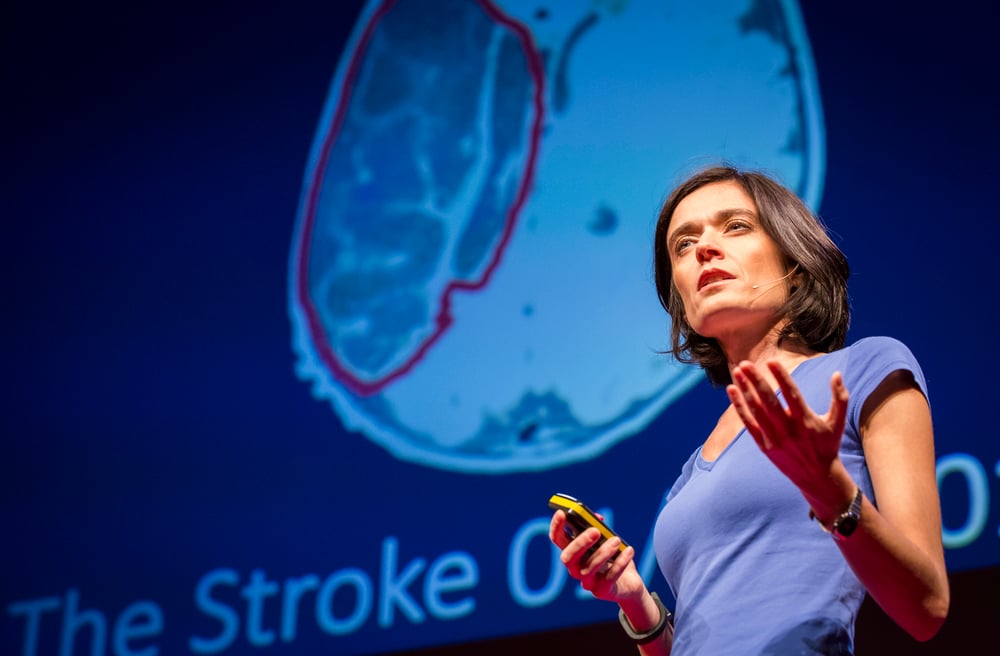In a survey conducted by the University of Arizona, researchers discovered that tai chi could improve the mental health of people who have suffered from strokes. The researchers discussed the findings at Euro HeartCare. ACNAP Congress 2021 at an online congress for the European Society of Cardiology (ESC).
According to studies, 1 in 3 stroke patients suffers from depression, anxiety and sleep problems. Tai chi helps to alleviate these problems. It also has benefits for mental health issues like ADHD and depression.
How tai chi alleviates depression
The slow movements of tai chi incorporate mindfulness, release body tension, increasing breathing awareness and enhance the general relaxation of the mind and the body.
According to Dr Ruth Taylor-Piliae, one study author, tai chi is a mind-body intervention commonly used to reduce symptoms of depression. It allows people to dwell in the present and set aside negative emotions.
The study looked at 11 stroke patients who attended tai chi for 8 weeks. It was initially supposed to go on for 12 weeks but stopped due to the COVID-19 pandemic. The participants were about the age of 70 years and 55% of them were men.
They had the respondents fill questionnaires to examine their levels of anxiety, depression and stress before and after the tai chi intervention.
With the aid of movement sensors, the researchers measured the patients’ quality of sleep. They also measured their inflammation and oxidative stress. These tests were done both before and after the tai chi intervention began. Inflammation remained the same while oxidative stress lowered.
At the end of the study, the respondents said that they had reduced stress, anxiety and depression.
Tai chi can be used as a complementary treatment for mental health
In a statement given by Dr Piliae, the respondents reported mild to moderate stress, anxiety and depression. However, she also admits that because of the lack of a control group and a small sample size used, their results should be interpreted cautiously. More information is needed before tai chi is recommended to patients who have suffered from a stroke. The researchers plan to do another 12-week study with a larger sample size.


